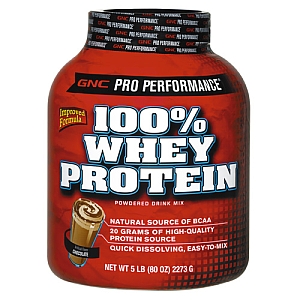Naturally you can’t eat a diet of pure protein, although protein can be considered the one indispensable food since fractions of it can be converted into fat and carbohydrate, but not vice versa.
You can see why the many diets emphasize protein, because liberal allowances can be expected to cause greater loss of than would the same number of fat or carbohydrate calories.
Nor is the slimming aspect of proteins their sole claim to your respect. They stimulate the general efficiency of your body, replace worn out tissues, furnish materials for zippy gland hormones and build vigor and stamina.
Many people still have a vague impression that a high-protein diet is unhealthy. Doctors used to think so too, but the newer knowledge of nutrition has pretty generally knocked the props from under this idea. One supposedly dangerous effect of protein was its action on the kidneys.
Various ailments of these vital organs were laid to heavy eating of protein. In recent months, doctors have discarded this superstition so completely that today high-protein diets are prescribed for some-not all-kidney ailments.
Vilhjalmur Stefansson, the Arctic explorer, spent several years living with Eskimos on an exclusive meat diet. According to theories then current, he should have been struck down by all manner of ailments, from Bright’s disease to scurvy. He was so uncooperative with theory, however, as to thrive on his all-meat, high-protein diet.
His “unbalanced” eating habits failed even to raise his blood pressure, and he was downright stubborn in his insistence that he never felt better in his life. Later he lived on the same diet in New York, where physicians could clap stethoscopes on him.
They couldn’t find a thing wrong with him. Since then there has been abundant evidence that high-protein diets can be continued indefinitely without ill effect, except in certain cases of disease.
Experiments leading to the belief that protein was dangerous to kidneys were performed, in large part, before the all-important effects of vitamins and minerals were well understood. Another supposed danger of proteins-that they putrefy in the intestines and produce poisons absorbed by the body-is much more theoretical than real, on the basis of present conservative opinion.
An inflamed, diseased colon can conceivably absorb toxins through its walls. That a normal colon will do is extremely doubtful. The theory of poison absorption is the popularly horrifying one of “autointoxication.” Curiously, no one has ever satisfactorily demonstrated the presence in the blood, or the. specific identity of, the postulated poisons that stage these Borgian Blitzkriegs. One famous experiment by Dr. Walter Alvarez of the Mayo Clinic has demonstrated that every symptom attributed to “autointoxication” can be produced by stuffing the rectum with cotton.
The symptoms are real, but the causes are more mechanical than chemical.
Meat is by no means the only excellent source of protein. Other animal products-milk, eggs, cheese-are outstanding. A protein is considered biologically complete if it furnishes liberal amounts of the amino acids needed by the body.



